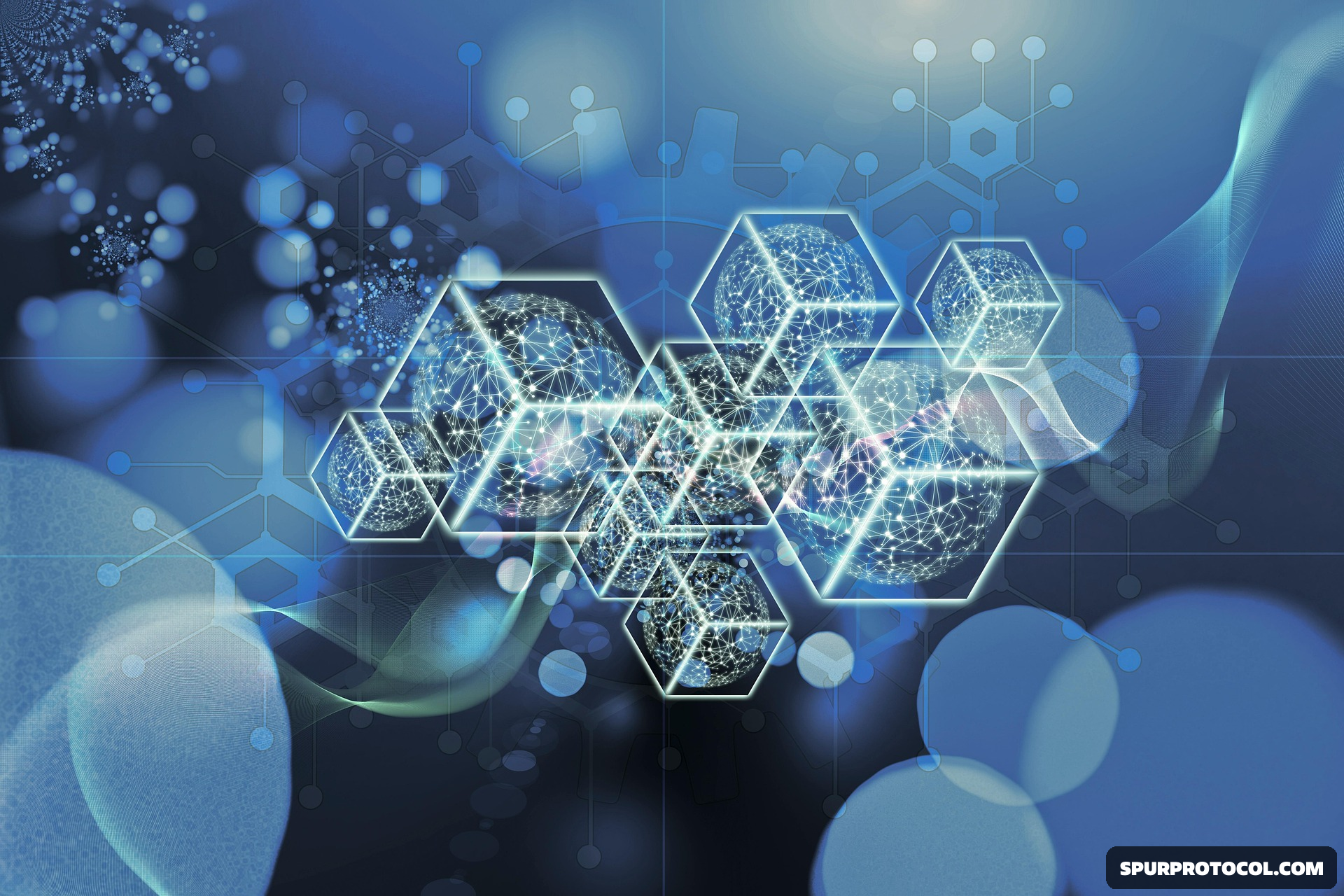The Fundamentals Of Blockchain Technology
Understanding the Backbone of Cryptocurrency and Beyond
Go Back
🕒 6:08 AM
📅 Feb 25, 2025
✍️ By Jerrychay84
Understanding the Backbone of Cryptocurrency and Beyond
Go Back
🕒 6:08 AM
📅 Feb 25, 2025
✍️ By Jerrychay84
Blockchain technology is most of them linked with cryptocurrencies like Bitcoin, but its impact goes beyond digital money. Fundamentally , blockchain is a decentralized and tamper-resistant system that records transactions securely.
What is Blockchain?
A blockchain is a distributed digital ledger that records transactions across multiple computers in a way that prevents modification or deletion. Instead of relying on a central authority, blockchain operates through a network of participants who validate and store transactions transparently.
Key Features of Blockchain:
1. Decentralization – Unlike traditional databases controlled by a single entity, blockchain is maintained by a network of computers.
2. Transparency – Transactions are publicly recorded, making fraud and alteration difficult.
3. Immutability – Once a transaction is added to the blockchain, it cannot be altered, ensuring a permanent and verifiable history.
How Does Blockchain Work?
Blockchain operates through a system of blocks, each containing a list of transactions. Here’s how it functions:
1. Transaction Creation – A user initiates a transaction.
2. Verification – Network participants (nodes) validate the transaction using cryptographic methods.
3. Block Formation – Verified transactions are grouped into a block.
4. Consensus Mechanism – The network reaches an agreement (using methods like Proof of Work or Proof of Stake) to confirm the block.
5. Block Addition – The confirmed block is added to the blockchain, forming a chain of records.
6. Permanent Record – Transactions become immutable, ensuring security and trust.
Real-World Applications
While blockchain is best known for powering Bitcoin, its potential goes into various industries:
• Finance – Reduces fraud and speeds up transactions.
• Supply Chain Management – Provides transparency and traceability of goods.
• Healthcare – Secures patient records and ensures data integrity.
• Voting Systems – Prevents election fraud through transparent and tamper-proof voting records.